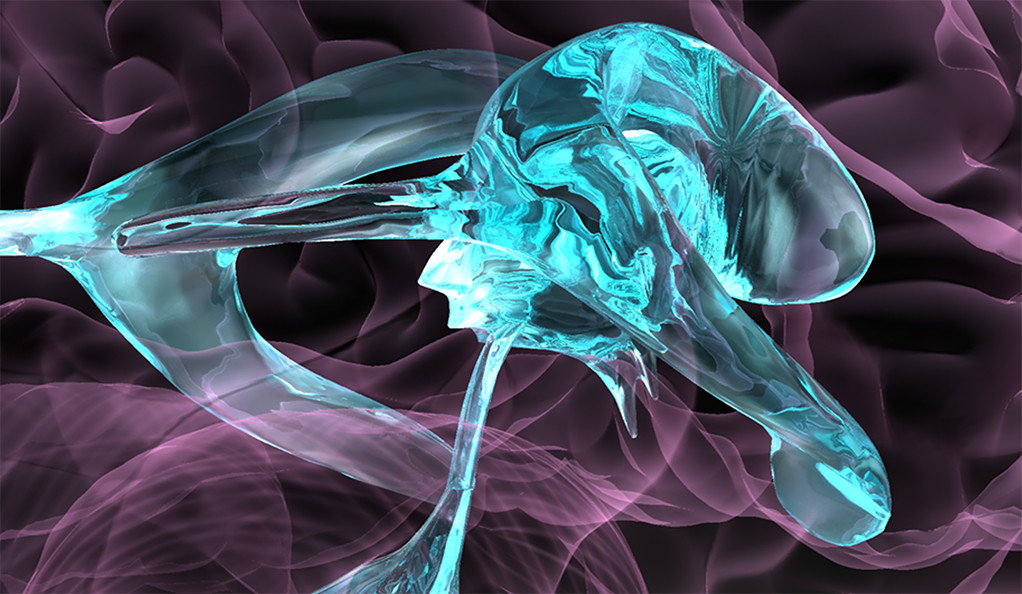Stem cell mutations linked to hydrocephalus

A new genetic study found another explanation, Yale University researchers report July 5 in the journal Neuron.
Hydrocephalus is characterized by a dangerous buildup of pressure on the brain caused by excessive amounts of fluid. Researchers have long believed that the condition, which affects one of every thousand babies born, was caused by excessive production of cerebral spinal fluid or an inability of the brain to properly absorb it.
A new genetic study found another explanation, Yale University researchers report July 5 in the journal Neuron. An analysis of all genes of 125 hydrocephalus patients and parents showed that 13 percent of sporadic hydrocephalus cases are linked to new mutations in genes that regulate neural stem fate. The mutations result in reduced brain volume that secondarily becomes filled with cerebrospinal fluid.
In some of those cases, invasive surgery to implant fluid-draining shunts may be unnecessary and may explain neurological problems experienced by some patients, noted principal investigator and senior author Kristopher Kahle, assistant professor of neurosurgery and of cellular and molecular physiology; pediatrics.
“It is possible that some of the neurological problems that many of these congenital hydrocephalus patients have may not be due to inadequately working shunts, but are in fact neurodevelopmental sequelae of a genetic condition that alters neuronal function,” Kahle said
Charuta Gavankar Furey is the lead author on the study. Richard Lifton, formerly of Yale and now at Rockefeller University, and Murat Gunel, chair of Neurosurgery at Yale, are co-authors on the study.
Link: Yale Education


ارسال به دوستان